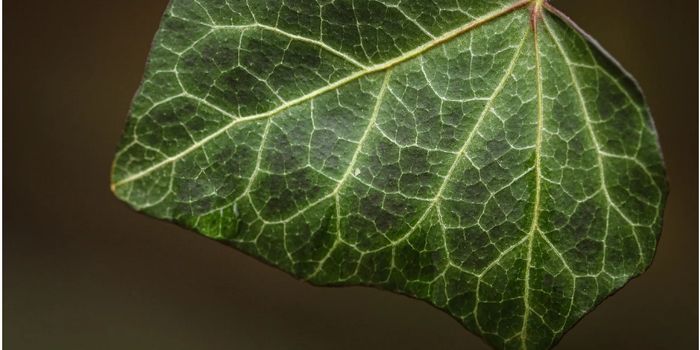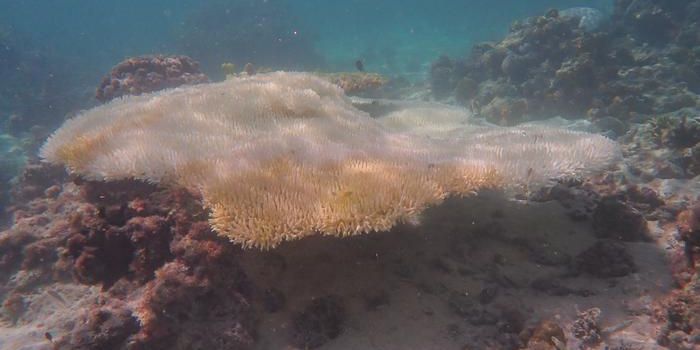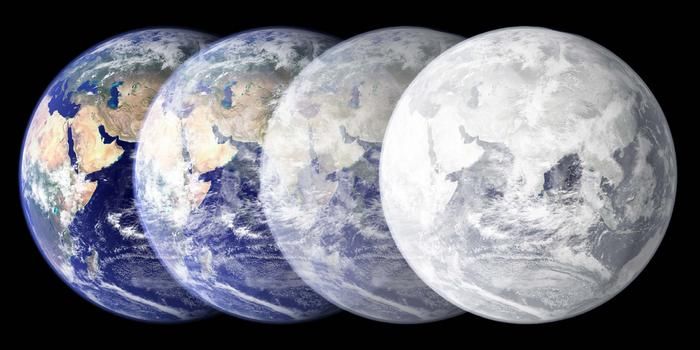Climate Change is Negatively Impacting the Pika Species
It’s believed that climate change may have an effect on the other types of life that inhabit the Earth alongside us, but we have yet to fully understand just how much of an impact it can have on an animals’ abilities to survive. In fact, we understand this concept very poorly.
To try and better understand how this delicate balance between climate and critters works, the U.S. Geological Survey decided to survey populations of Pika, a rabbit-like herbivore that enjoys living in mountainous terrains. Their findings have been published in the Journal of Mammology.

As a part of the study, researchers spent time from 2012-2015 studying areas like the Great Basin, northern California, and even southern Utah, all of which are plentiful to the kinds of mountainous terrains that Pika seem to like to get a better chance of successful studies.
The findings are fairly cut and dry; climate change is, indeed, wreaking havoc on the Pika species. Scientists were surprised to find that Pika numbers are in the decline and that they were only found in a fraction of the places they were known to exist in previous surveys.
"It is certainly clear that changes we have observed in pika distribution are primarily governed by climate, given that nearly all of our climate-related predictions have been borne out,” said Erik Beever, USGS research ecologist, and lead author of the study. “However, we are still refining our understanding of the exact combination of direct and indirect pathways by which climate is bringing about change.”
The idea that climate change was leading to the decline in Pika numbers first surfaced in 2003, but without sufficient evidence at the time, it was hard to say whether or not it was the cause for sure.
The latest findings are in line with the initial concern in 2003, and may add further concrete evidence that climate could be impacting the Pika’s numbers on a widespread scale.
"The longer we go along, the evidence continues to suggest that climate is the single strongest factor," Beever continued.
Despite recent studies indicating that Pika are simply moving to new areas around the country to avoid the disastrous changes climate change is making on the environment, it would seem that's not the case.
"It's not that they've just moved, they are gone all together,” Beever said.
Pikas may not be the only animal species being affected by climate change across the United States, but for now, they serve as a great model to raise awareness of the impact of changing climate.
Source: U.S. Geological Survey via Phys.org








